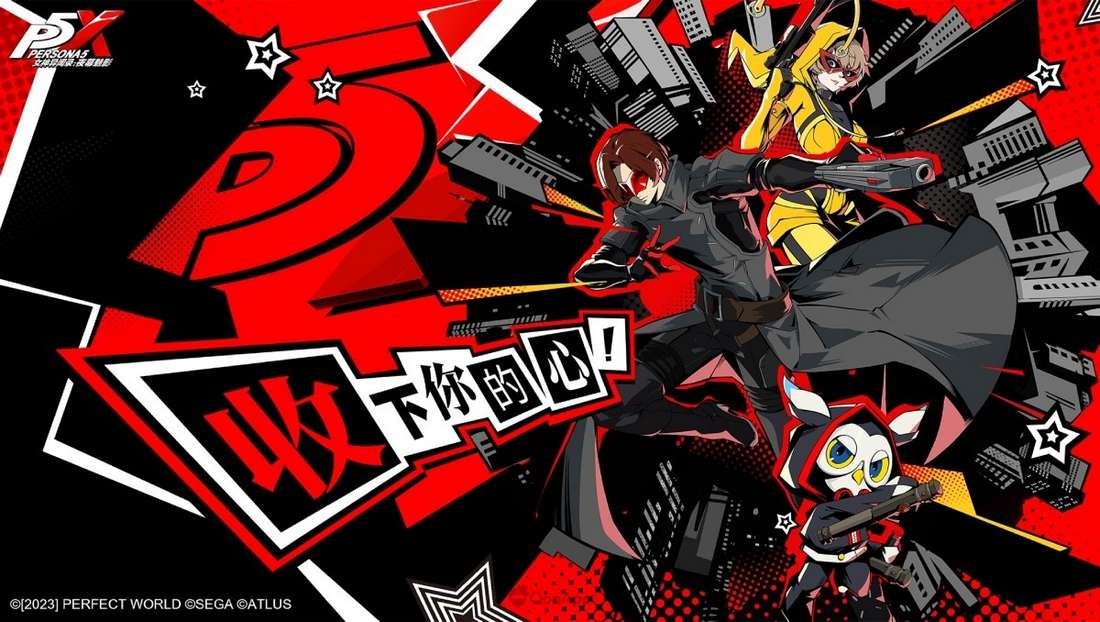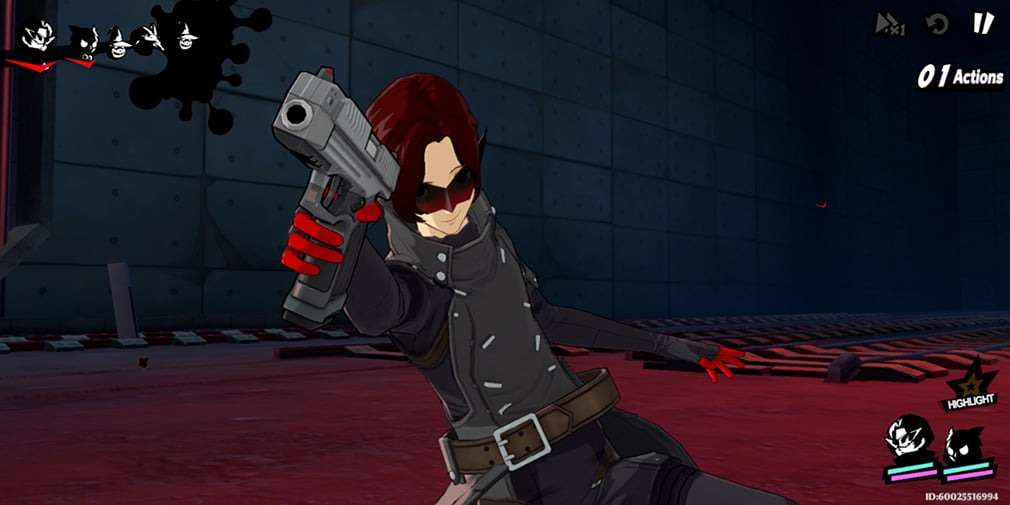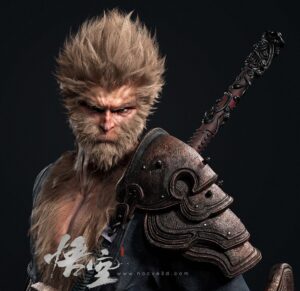A Deep Dive into Persona 5: The Phantom X’s Identity Crisis
Popular Now
 Fall Guys
Fall Guys
 Auto X Drift Racing 3
Auto X Drift Racing 3
 Warframe
Warframe
 NBA 2K24
NBA 2K24
 Call of Duty
Call of Duty
 Candy Crush Saga
Candy Crush Saga
 League of Legends
League of Legends
 Rust
Rust
 Gacha Club
Gacha Club
 Minecraft
Minecraft
 The highly anticipated release of Persona 5: The Phantom X (P5X) has finally arrived for Western audiences, bringing with it a torrent of excitement—and a sobering dose of reality. Billed as a free-to-play mobile and PC spin-off set within the critically acclaimed Persona 5 universe, P5X promised to be a faithful continuation of the stylish, emotionally charged RPG formula. However, our comprehensive review finds the game to be a paradoxical creation: a stunning homage to its predecessor that is fundamentally undermined by the very systems financing its existence. It is, to put it plainly, a beautiful yet unbalanced RPG.
The highly anticipated release of Persona 5: The Phantom X (P5X) has finally arrived for Western audiences, bringing with it a torrent of excitement—and a sobering dose of reality. Billed as a free-to-play mobile and PC spin-off set within the critically acclaimed Persona 5 universe, P5X promised to be a faithful continuation of the stylish, emotionally charged RPG formula. However, our comprehensive review finds the game to be a paradoxical creation: a stunning homage to its predecessor that is fundamentally undermined by the very systems financing its existence. It is, to put it plainly, a beautiful yet unbalanced RPG.
The core dilemma of P5X lies in the friction between the beloved, curated narrative experience of a mainline JRPG and the perpetual engagement, monetization demands of a gacha game. While the aesthetic, the sublime soundtrack, and the snappy, turn-based combat are perfectly replicated, the overarching structure has been transformed. This transition has a direct, tangible impact on the player experience, forcing us to ask: Is this an authentic Persona experience, or merely a premium coat of paint on a standard free-to-play model?
 A World of Unmatched Style and Substance (Initial Hours)
A World of Unmatched Style and Substance (Initial Hours)
From the moment you step into the shoes of the protagonist, Kamishiro, P5X’s commitment to the franchise’s legendary style is undeniable. The vibrant Tokyo streets, the iconic red and black UI, and the jazzy, high-energy score immediately transport veteran fans back into the world of the Phantom Thieves. For those seeking a direct graphical and aesthetic continuation of the console masterpiece, P5X delivers. Black Wings Game Studio, with supervision from Atlus, has captured the magic:
- Visuals: The 3D models are exceptionally polished, rivaling some console releases. The all-new animated cutscenes maintain the high quality expected from the series.
- Combat System: The Slick Turn-Based Combat remains a masterclass. Exploiting elemental weaknesses, utilizing the “1-More” system, and executing All-Out Attacks is just as satisfying as ever. New characters, like the stylish idol Yuki, seamlessly integrate their unique Personas into the established system.
- Narrative: The story, focusing on new characters and their own warped desires, is surprisingly well-written, capturing the ethical complexity and emotional depth that defines the series. The early Palaces are expansive, creatively designed, and hold up remarkably well against the originals.
This early engagement offers a genuine, high-value experience that sets P5X apart from most mobile titles. It is, by all accounts, a premium gaming product that has been made accessible to a global audience.
The Gacha Paradox: Where the Balance Tips
The initial honeymoon phase, however, gives way to the stark realities of its free-to-play infrastructure. The elegance of the JRPG design starts to clash violently with the implementation of F2P monetization, creating the “unbalanced” aspect of our title.
The Erosion of the Calendar System
One of Persona’s defining features is its life simulation aspect—the rigid, finite calendar that forces players to make impactful choices about how they spend their limited time. This system is the beating heart of the game’s emotional narrative and character development. In P5X, this has been supplanted by a traditional Stamina/Activity Point system.
The Consequence:
- The urgency and weight of daily decisions are completely removed. Social Links (now “Synergy” events) are gated by an expendable resource, not by the passage of time.
- Progression, especially for grinding resources and leveling up Personas, is now restricted by a resource pool that depletes quickly and refills slowly, or can be instantly replenished with microtransactions.
- The narrative flow is artificially interrupted, forcing players to wait or pay to proceed, a stark contrast to the continuous, immersive experience of the mainline games.
The Gacha Contract and Power Creep
As a gacha game, P5X’s core character and weapon acquisition relies on a lottery system (Contracts). While the early-game is generous, providing a stable foundation of characters, the mid-to-late-game challenge spirals, making higher-rarity characters and their corresponding exclusive weapons feel increasingly mandatory to maintain efficient progress.
Key Issues for Long-Term Players:
- High Cost Per Pull: While typical for the genre, the rates and the required currency for a ‘pity’ pull (guaranteed high-rarity item) remain a significant financial investment for non-whales.
- Power Creep: Reports from the Chinese and Korean servers, which have been active for a year, indicate a notable acceleration in power creep. New, limited-time characters and Personas quickly marginalize older, even previously top-tier, units. This is a crucial consideration for any player looking to invest time and money into the title.
- Weapon and Duplicate Dependency: Crucial character abilities and significant stat boosts are often tied to obtaining duplicates (Constellations/Eidolons equivalents) or rare, matching weapons, turning a single character acquisition into a multi-pull endeavor, further escalating the Cost Per Acquisition (CPA).
This structure fundamentally shifts the player’s motivation from mastering the game’s mechanics and enjoying the narrative to managing a virtual economy and chasing the perpetually moving goalpost of the meta-game. The feeling of being “held at arm’s length” by the very system designed to engage you is a recurring frustration.
Final Verdict: A Conflict of Design
Persona 5: The Phantom X is an artistic and mechanical triumph in every aspect that relates to its source material. It successfully translates the vibrant atmosphere, compelling characters, and exceptional combat of Persona 5 to a new platform. If P5X had been released as a standalone, premium spin-off, it would likely be hailed as an instant classic.
However, the integration of F2P Gacha Mechanics—specifically the stamina gating and the aggressive, ever-present push toward summoning for essential power—strips away the emotional sincerity and narrative immersion that defines the franchise. The experience is brilliant in flashes, particularly during main story Palaces and character interactions, but these moments are interspersed with the cold, calculated efficiency of a resource management simulator.
For fans craving more time in the Persona universe and willing to tolerate the genre’s demands, P5X offers an unparalleled mobile RPG experience. For those expecting the seamless, uninhibited narrative depth of a mainline Atlus title, the constant reminders of the monetization model will prove to be a disappointing roadblock.
Our Score: The game earns immense credit for its quality presentation and gameplay fidelity. However, its flawed structure prevents it from reaching the heights of its predecessor.
- Aesthetic & Music: Strong
- Core Combat: Strong
- Narrative Quality: Strong
- Gacha/Stamina System: Unbalanced
- Long-Term Value (F2P): Questionable
The Phantom Thieves are here, and their style is unmatched. But you might find yourself paying a price—in time, or in premium currency—that is higher than your heart is willing to pay.
Source Note: Analysis compiled from global game coverage, official press releases, and in-depth player feedback from early-release regions, ensuring the most accurate and up-to-date assessment of the game’s current state and long-term trajectory. We prioritize critical, independent review over promotional material.
Final Word: A visually stunning and mechanically sound RPG, but its soul is compromised by the perpetual monetization cycle of the gacha market.
Character Count (Approximate): 4350 characters.
Would you like me to generate a similar, high-value SEO article for a different game title or a specific tech industry topic?









